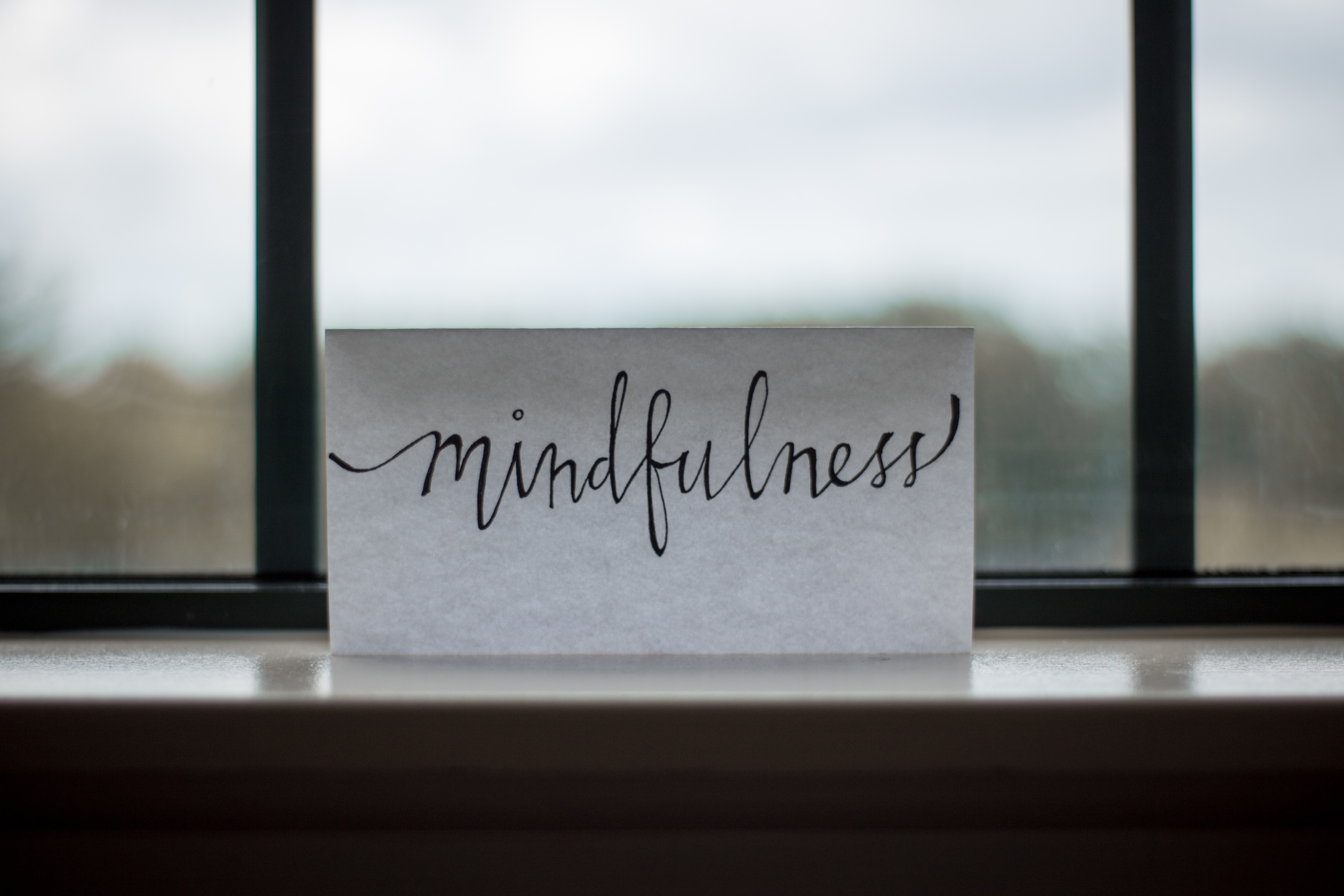Helping Anxious Kids Launch Back to School After Winter Break
Hopefully this holiday season was filled with fun, laughter, downtime, and served as a mini break from the daily routine of running and stress. With the winter holiday coming to an end, many parents and their children have mixed emotions about school starting again. While getting back to a routine is healthy, having enjoyed a … Read more



